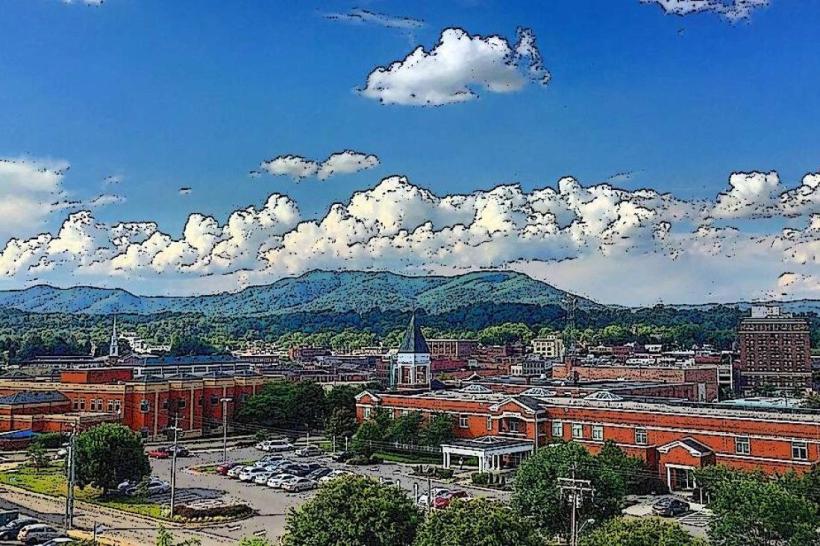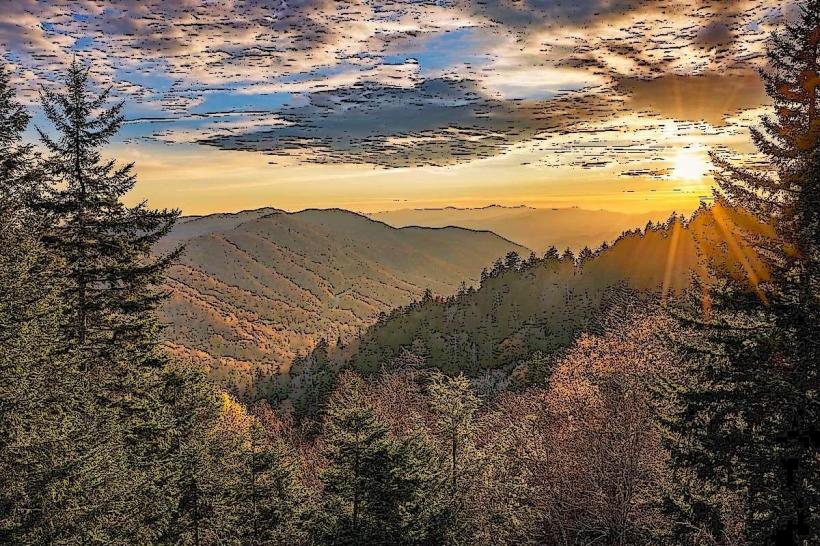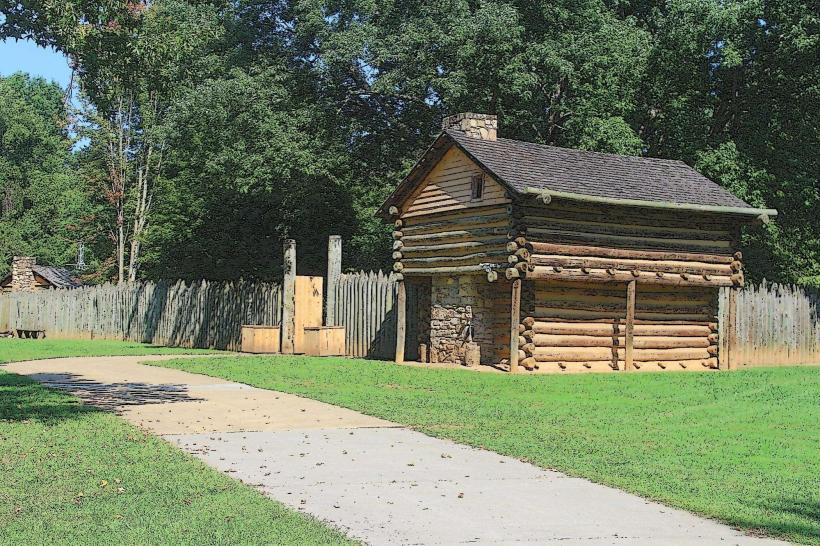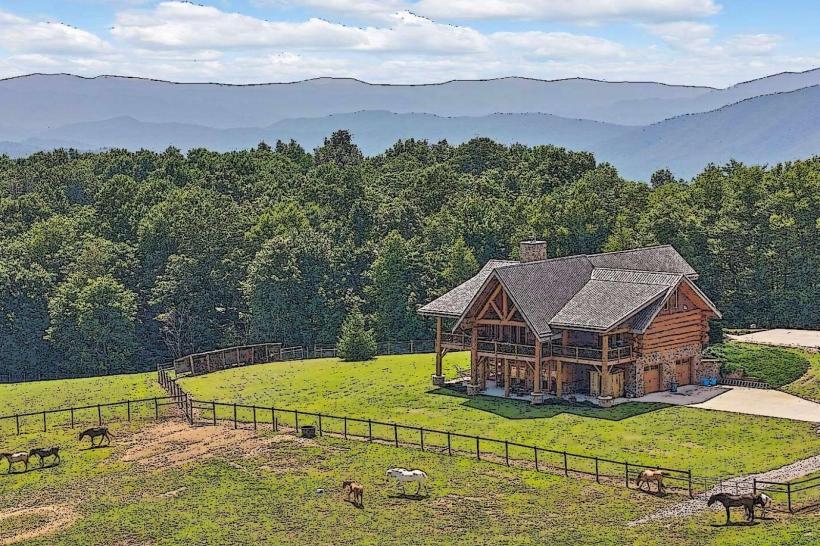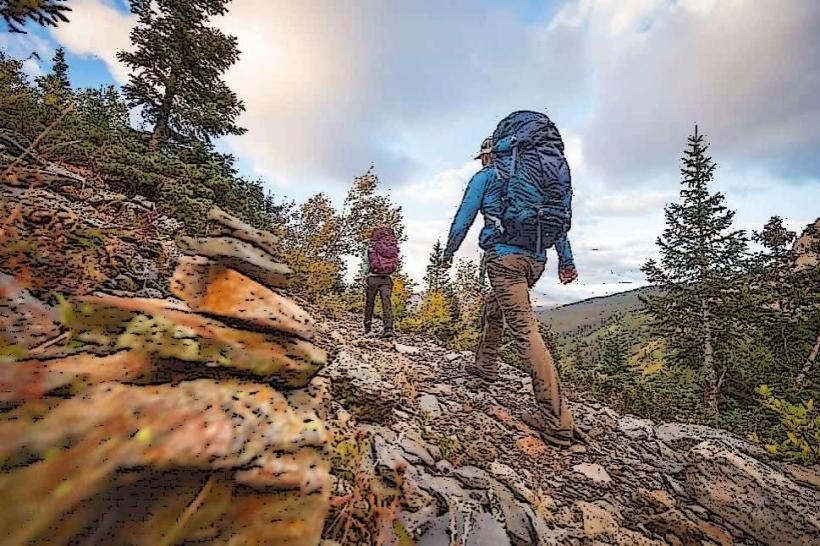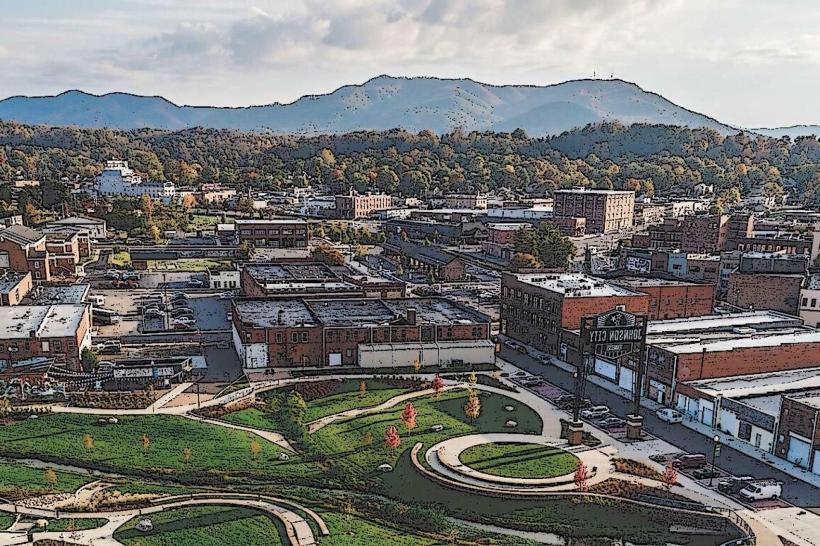Information
Landmark: Foxfire Museum and Heritage CenterCity: Johnson City
Country: USA Tennessee
Continent: North America
Foxfire Museum and Heritage Center, Johnson City, USA Tennessee, North America
The Foxfire Museum & Heritage Center, located in Mountain City, Georgia, is one of the most respected and immersive institutions preserving Southern Appalachian culture, history, and traditional skills. Founded in the 1970s, this living history site grew out of a grassroots educational project and has evolved into a rich cultural landmark dedicated to showcasing the life and legacy of the mountain people of Appalachia from the 1820s through the 1940s.
1. Origins and Educational Mission
The museum is rooted in a unique educational experiment that began in 1966 when an English teacher, Eliot Wigginton, at Rabun Gap-Nacoochee School challenged his high school students to collect oral histories from local elders. These interviews, initially published in a student-led magazine called Foxfire, captured regional folklore, pioneer wisdom, craftsmanship, and rural customs directly from the people who had lived them.
The magazine became a sensation and later led to a series of best-selling books (over 9 million copies sold globally), securing funds to preserve what remained of Appalachian mountain life in physical form. The result was the establishment of the Foxfire Museum & Heritage Center in 1974-a lasting monument to that student project and a national model for experiential education.
2. The Museum Grounds and Layout
Spread across 8 acres of wooded hillside, the museum grounds recreate a self-sustaining Appalachian community. Rather than constructing replicas, the Foxfire team focused on authentic preservation-dismantling and relocating historic log buildings from throughout the region and carefully reconstructing them using traditional techniques.
There are now more than 20 historic structures on site, each with interpretive signage and educational displays. A walking path leads visitors through a natural and cultural landscape that blends seamlessly into the surrounding Georgia highlands.
Key structures include:
Savannah House (circa 1820): The oldest cabin in the collection, it is an excellent example of primitive log construction with V-notch corners and split-shingle roofing.
Chapel: A simple wooden church reflecting the spiritual life of mountain communities, used for storytelling and musical performances.
Blacksmith Shop: A working forge where live demonstrations of traditional ironworking are frequently held.
Gristmill: Powered by water, this building demonstrates how cornmeal and flour were once ground.
Weaving House: Home to spinning wheels and looms used for textile-making; volunteers sometimes demonstrate the full process from wool to fabric.
Barns and Smokehouses: Authentic log structures showing storage and preservation methods, including examples of Appalachian foodways.
The Tiger House: Known for craft demonstrations such as basket weaving, broom-making, and herb drying.
Each building is fully furnished with era-appropriate tools, furnishings, and artifacts collected by Foxfire students over the decades.
3. Living History and Demonstrations
Foxfire is a working heritage site, with costumed interpreters and volunteers bringing the past to life through regular programming:
Blacksmithing: Demonstrations with handmade tools and techniques passed down through generations.
Weaving & Spinning: Visitors can see raw fibers turned into yarn and then cloth using traditional Appalachian equipment.
Basket Making & Broom Crafting: Using native materials such as white oak and broomcorn.
Wood Stove Cooking: Seasonal food preparation using heirloom recipes and antique cookware.
Log Hewing & Cabin Construction Techniques: Occasionally demonstrated during special events or workshops.
The museum emphasizes “hands-on history,” encouraging interaction and participation during certain weekends and scheduled programs.
4. The Foxfire Archive and Legacy
A critical feature of the center is the Foxfire Archive, housing over five decades of:
Oral interviews (transcribed and recorded)
Photographs documenting Appalachian life and crafts
Artifacts and tools collected from regional families
Student essays and notes from the original magazine projects
This material is continually used in Foxfire publications, museum exhibits, and academic research, preserving authentic voices of the Appalachian elders.
The Archive is not only a resource for scholars but also serves to train new generations of students and educators in community-centered, place-based learning.
5. Visitor Experience
A visit to the museum is designed to be self-paced and immersive. Guests follow a well-marked, half-mile interpretive trail winding through the forest, linking each historic building. Informational plaques detail the historical use of each structure, and many buildings contain well-curated, period-correct interiors.
Visitors can:
Watch artisans at work
Join seasonal workshops (felting, whittling, soap-making, etc.)
Engage with interpreters sharing folklore and practical knowledge
Browse the gift shop, which offers books, crafts, handmade items, and Foxfire merchandise
Throughout the year, the site also hosts field trips, homeschool group days, and adult education programs focused on heritage skills.
6. Annual Events and Cultural Programming
Foxfire regularly organizes festivals and community events, including:
Foxfire Mountaineer Festival: A celebration of Appalachian music, dance, crafts, and storytelling.
Super Museum Sunday: An open-house event with free admission, usually held in coordination with other Georgia heritage institutions.
Craft Weekends & Artisan Demonstrations: Visitors learn from expert artisans in heritage trades.
Cultural Workshops: Topics range from dulcimer-making to herbal medicine, often taught by regional experts.
These events reinforce the museum’s mission of preserving Appalachian traditions through active participation, not passive observation.
7. Importance in Appalachian and American Heritage
What sets the Foxfire Museum apart is its origin: a student-led journalistic and folkloric movement that captured fading oral traditions before they vanished. That raw documentation led to a tangible preservation movement, where buildings, tools, and ways of life were not just saved-but revived.
The museum has become a national example of:
Oral history preservation
Place-based education
Cultural sustainability
Community-centered interpretation
It holds a prominent place in Appalachian studies, with its influence extending into school curriculums, documentaries, and folkloric literature.
8. Location and Practical Information
Address: 98 Foxfire Lane, Mountain City, GA (near Black Rock Mountain State Park)
Hours:
Monday–Saturday: 9 AM–4 PM
Sunday: 12 PM–4 PM (seasonal variation in winter)
Admission:
Adults: $15
Seniors: $12
Youth (7–18): $5–8
Children under 6: Free
Tours: Self-guided standard; group tours available by appointment.
The museum is located within easy driving distance of Clayton, GA, and is frequently paired with visits to Black Rock Mountain State Park or Tallulah Gorge.
Summary
The Foxfire Museum & Heritage Center is a rare and richly authentic expression of Appalachian cultural memory. More than a museum, it is a living classroom and community archive, created by students, shaped by elders, and sustained by hands-on education. Visitors leave not just with knowledge, but with a visceral sense of how Appalachian people lived, worked, worshipped, and thrived in rugged mountain isolation. It is an essential destination for anyone interested in folk history, traditional skills, or the enduring legacy of American frontier life.

